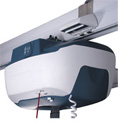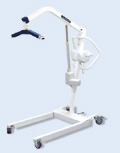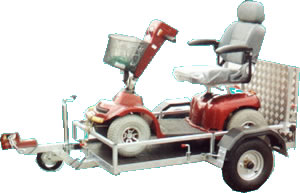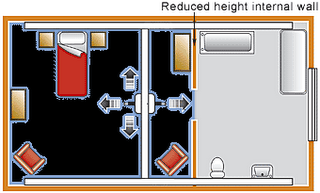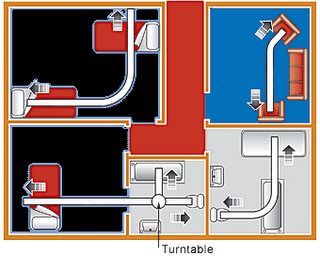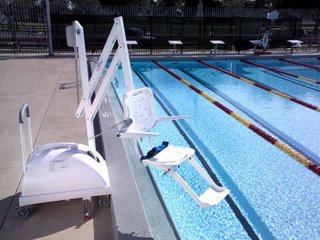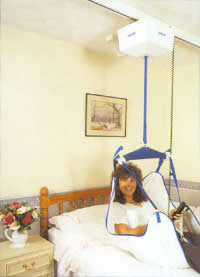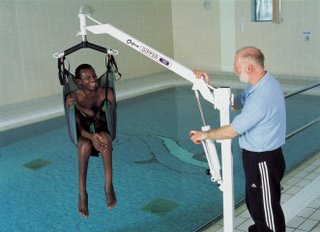Mobility vehicles are classified into 3 categories by the Highways agency.
Class 1 Vehicles: Manual wheelchairs (chairs without an electric motor)
Class 2 Vehicles: Powered wheelchairs and mobility scooters for use on pavements and to cross roads. Maximum speed 4 miles per hour.
Class 3 Vehicles: Powered wheelchairs and mobility scooters for use on roads and pavements. Maximum speed 8 miles per hour.
Owners of Class 3 vehicles do not have to hold a current driving licence. However you do have to drive in accordance with the highway code. Your eyesight must comply with the relevant regulations and you can't drive under the influence of alcohol for obvious reasons.
Class 3 vehicles cannot be used on motorways, bus lanes or cycle lanes and although legally entitled to be used on dual carriageways it is not a good idea. You would feel very small, very slow and very vulnerable if you tried it. If you absolutely had to use a dual carriageway the vehicle must be fitted with a flashing beacon style light to make other road users more aware of your prescence.
Lights, rear view mirrors, rear reflectors, indicators and a horn are all required by law if you intend to use your scooter on the road. All class 3 vehicles must have a speed selector as the legal speed for using the scooter on the pavement is 4mph or 6.4kph which is half of the speed of a class 3 scooter. This is done by means of a speed dial on the tiller or a switch to halve the maximum speed.
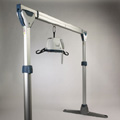 Click to view Easytrack FS video
Click to view Easytrack FS video

